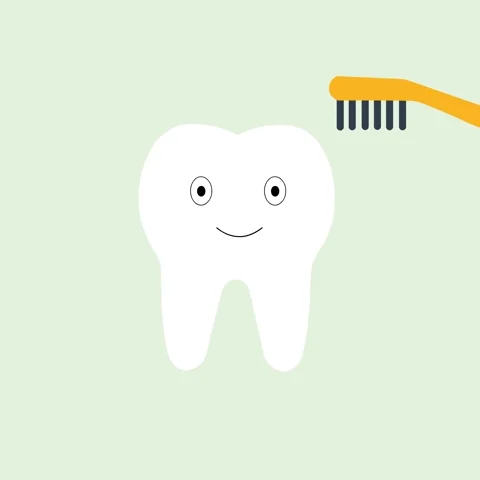Mouthwash: its Types, Advantages, and Uses
Oral care routine is a combination of multiple oral products. Brushing and flossing play a major role in maintaining a healthy mouth. Mouthwash rinses are used as an adjunct with brushing to achieve optimal oral health.
Mouthwashes are antiseptic solutions, swirled around mouth or gargled to clean oral cavity. It is used to kill harmful bacteria found on teeth and tongue. The main function of mouthwash is to reduce microbial load in mouth. However, other reasons to use mouthwashes are because of their anti-inflammatory, anti-fungal, and analgesic properties.
There are several types of mouthwashes recommended by dentists as per individual unique oral needs. Mouthwash for bad breath is given to patients with sinus issues or gut problems. Medicated mouthwash is given in case of sensitivity or to prevent tooth decay or gum diseases. Kids mouthwashes are SLS-free and fluoride free and safe to use in children. It is recommended by American Dental Association that initiate mouthwash in child oral care after the age of 6.
Types of Mouthwash
Following are the major types of mouthwashes:
1. Antiseptic Mouthwash
Antiseptic mouthwashes used to kill bacteria present on teeth, gums, and tongue. Eucalyptus oil is the main antibacterial agent used in most antiseptic mouthwash to kill bacteria. Antiseptic mouthwashes resist plaque accumulation and remove bad breath causing bacteria.
2. Fluoride Mouthwash
Fluoride mouthwashes make tooth enamel resistant to tooth decay. These types of mouthwashes are beneficial to reverse the early signs of demineralization and prevent tooth decay.
3. Natural Mouthwash
Natural mouthwash is mild and a suitable option for those patients who prefer non-alcoholic products for any reason. These mouthwashes are alcohol free but offer same benefits as other mouthwashes.
Benefits of Using Mouthwash
- Prevents tooth decay
- Reduces plaque accumulation
- Removes food particles
- Reduces risk of gum disease
- Reduces chances of dry mouth
- Keeps breath fresh
How to Use Mouthwash Properly
There is no such restriction or specifications to use mouthwash, but the best effects of mouthwash can be obtained after brushing and flossing teeth. Take a small amount of mouthwash in your mouth and swish for 30 seconds around teeth and over tongue. Spit out mouthwash after swishing thoroughly and do not rinse with normal water afterwards.
In some cases, dentists recommend patients to use diluted form of mouthwash because of patients' oral need. Strong antiseptic mouthwashes can sometimes cause burning sensations or dryness of the mouth. That is why they are advised to dilute with water at 1:1 ratio to avoid harmful effects.
`

